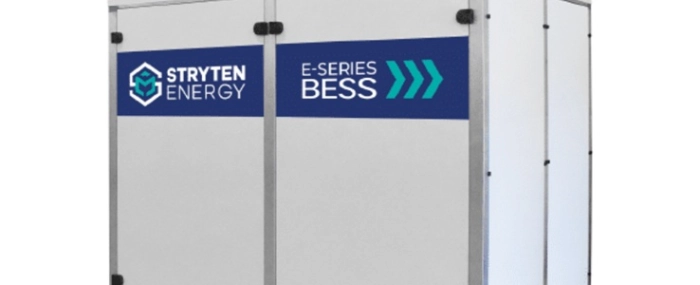
Georgia Tech, Stryten install lead BESS for advanced research
The installation aims to create a living-learning lab on campus that supports research and real-world applications of medium-duration energy storage solutions. Lead BESS was selected due to its cost-effectiveness, high discharge rates and recyclability.
The Georgia Institute of Technology and Stryten Energy, a Georgia-headquartered energy storage solutions provider, have announced the successful installation of Stryten Energy’s Lead Battery Energy Storage System (BESS) at the Carbon Neutral Energy Solutions Laboratory (CNES).
The CNES building, located in the North Avenue Research Area of the Georgia Tech campus, houses the Strategic Energy Institute (SEI), an interdisciplinary research institute focused on energy research, and multiple research groups dedicated to renewable energy and energy infrastructure-related topics.
The installation aims to create a living-learning lab on campus that supports research and real-world applications of medium-duration energy storage solutions. Lead BESS was selected for this initial installation due to its cost-effectiveness, high discharge rates, and recyclability, backed by extensive research demonstrating its reliable performance, according to a media release.
The BESS is a dynamic storage system that integrates renewable energy sources into the existing power mix, providing stable and dependable backup power and reducing grid dependency during peak hours. With its additional components and software, the system is capable of bi-directional charging, allowing current to flow into the battery for charging and out of the battery to power the grid or microgrid.
“Georgia Tech’s strategic plan envisions our campus as a dynamic laboratory and experimental test bed, where sustainable practices are seamlessly integrated into our operations,” said Christine Conwell, SEI’s interim executive director. “Through enduring partnerships with organizations like Stryten, we are creating mini ecosystems that yield valuable situational data to help chart a path for innovative energy research well beyond the campus.”
“As solar and other renewables hit the market years ago, large utility-scale implementations were clearly the focus,” said Scott Childers, vice president of essential power at Stryten Energy. “With the introduction of this BESS powered by lead batteries, we see behind-the-meter applications getting their day in the sun. We are particularly excited about deploying this unit in commercial and industrial microgrids and paired with EV charging stations to help the U.S. achieve its energy goals. Georgia Tech has been a tremendous partner, and we are excited about demonstrating the advantages of lead BESS from cost savings, technology, environmental, and safety perspectives.”


